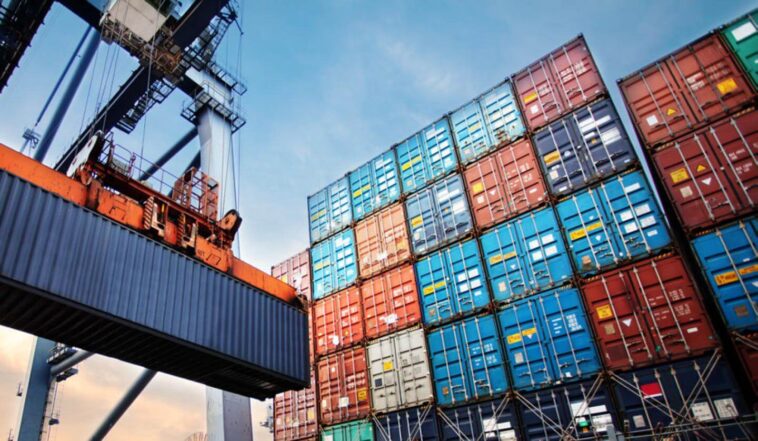Poland’s Warsaw (AP) — The government of Poland announced on Saturday that it has decided to temporarily ban the import of grain and other foods from Ukraine in an effort to quell the growing ire of Polish farmers, who claim they are losing a lot of money as a result of an oversupply of Ukrainian grain on the market.
At a party convention in eastern Poland, the leader of the ruling party, Jaroslaw Kaczyski, claimed that the Polish countryside is going through a “moment of crisis” and that, despite Poland’s support for Ukraine, it has to take action to save its farmers.
According to Kaczyski, “the government today decided on a regulation that forbids the importation of grain, as well as dozens of other types of food, to Poland.”
The administration declared that the import restrictions would be in place until June 30. Imports of sugar, eggs, meat, milk, other dairy products, fruits, and vegetables are also prohibited by the legislation.
The Ukrainian grain surplus that has caused prices to drop and prompted farmers in neighboring nations to suffer significant losses has also been criticized by those farmers.
This week, the Polish agriculture minister, Robert Telus, conveyed to his counterparts from Bulgaria, the Czech Republic, Romania, Slovakia, and Hungary that the growing imports of agricultural products from Ukraine “cause serious disturbances in the markets of our countries, great damage to producers, and social unrest.” They are all members of the European Union, and he said that the organization had to act quickly.
Telus stated, “We cannot accept a situation where farmers from our countries bear the majority of the burden of dealing with increased imports.”
Russia’s conflict with Ukraine is to blame for the current scenario. The European Union removed tariffs on Ukrainian grain to ease its transportation to Africa and the Middle East after Russia blocked conventional export sea routes.
Since then, grain has entered Poland, but much of it hasn’t moved on to the Middle East and Northern Africa as planned by the EU.
The government of Poland has made an effort to attribute the problem to the EU. However, some unions and opposition politicians claim that government-affiliated businesses are to blame for the issue since they purchase up cheap, subpar Ukrainian grain and then sell it to bakeries and pasta factories as premium Polish produce.
Approximately 3 million tons of grain meant for Africa were received by dealers once the grain arrived in Poland, according to Tomasz Obszaski of the farmers’ Solidarity group. He said that some businesses profited greatly from the scenario.
Micha Koodziejczak, the president of the AgroUnia organization and the protesting farmers’ leader, pegged the losses to the industry at up to 10 billion zlotys ($2.3 billion).
A concern for the ruling conservative Law and Justice party as it seeks a third term is the growing resentment of the farmers ahead of a September election. Despite being the most popular party in the nation, according to polls, it might not win a majority in the upcoming parliament.
A far-right group called Confederation that blends libertarian and nationalist viewpoints and has some members viewed as being sympathetic to Russia poses a specific threat to it. In some polls, the party has risen to become the third-most popular party.
On Saturday, Kaczyski also unveiled further measures aimed at assisting farmers, such as the continuation of fertilizer subsides.




